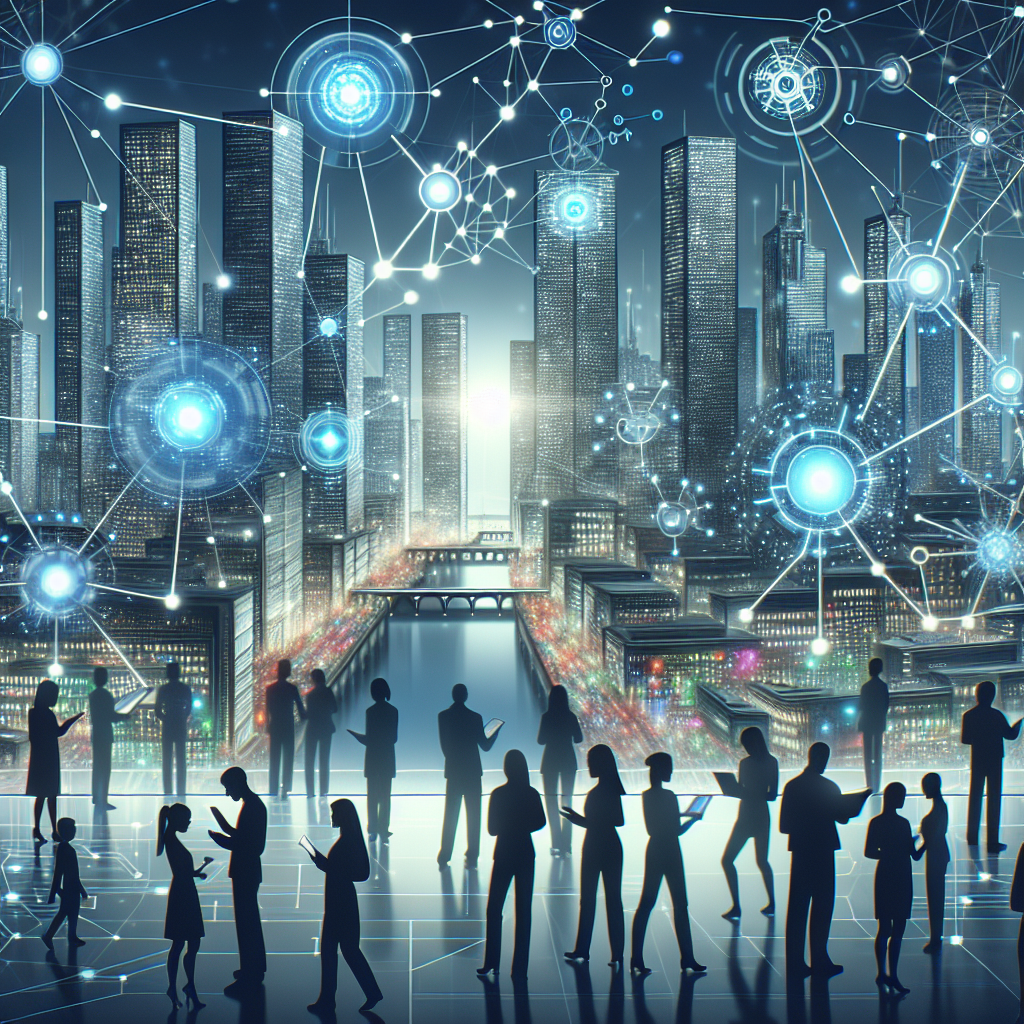Artificial General Intelligence (AGI) is a term used to describe a hypothetical form of artificial intelligence that possesses the ability to understand and learn any intellectual task that a human being can. While current AI systems are limited in their capabilities and are designed for specific tasks, AGI has the potential to revolutionize the way we live and work by providing machines with human-like intelligence. In this article, we will explore how AGI could transform various aspects of our lives and what implications it may have for society as a whole.
1. Healthcare
One of the most promising applications of AGI is in the field of healthcare. With the ability to process vast amounts of medical data and research, AGI could assist doctors in diagnosing diseases, predicting patient outcomes, and developing personalized treatment plans. This could lead to more accurate diagnoses, faster treatment times, and ultimately, better healthcare outcomes for patients.
AGI could also revolutionize the field of drug discovery by analyzing complex biological data and identifying potential drug candidates more quickly and efficiently than human researchers. This could lead to the development of new treatments for a wide range of diseases, ultimately improving the quality of life for millions of people around the world.
2. Education
AGI has the potential to transform the way we learn by providing personalized, adaptive learning experiences for students. By analyzing each student’s strengths, weaknesses, and learning preferences, AGI could tailor educational content to meet the individual needs of each student, leading to improved learning outcomes and higher levels of engagement.
AGI could also assist teachers in developing more effective teaching strategies by analyzing student performance data and identifying areas for improvement. This could lead to more efficient and effective teaching methods, ultimately benefiting both students and educators.
3. Transportation
Self-driving cars are already a reality, but with the advent of AGI, we could see a revolution in the way we travel. AGI could enable cars to make decisions in real-time based on complex environmental factors, leading to safer and more efficient transportation systems. In addition, AGI could optimize traffic flow, reduce congestion, and minimize accidents, ultimately saving lives and reducing the environmental impact of transportation.
4. Manufacturing
AGI has the potential to revolutionize the manufacturing industry by automating complex tasks that currently require human intervention. By analyzing data from sensors and other sources, AGI could optimize production processes, reduce waste, and improve product quality. This could lead to lower manufacturing costs, faster production times, and ultimately, more competitive products in the marketplace.
5. Customer Service
AGI could transform the way businesses interact with their customers by providing personalized, intelligent customer service experiences. By analyzing customer data and communication patterns, AGI could provide more accurate and timely responses to customer inquiries, leading to higher levels of customer satisfaction and loyalty. In addition, AGI could assist businesses in identifying trends and patterns in customer behavior, enabling them to make more informed business decisions.
FAQs
1. What is the difference between AGI and other forms of AI?
AGI is distinguished from other forms of artificial intelligence, such as narrow AI or machine learning, by its ability to understand and learn any intellectual task that a human being can. While current AI systems are designed for specific tasks, AGI has the potential to exhibit human-like intelligence across a wide range of domains.
2. How close are we to achieving AGI?
While significant progress has been made in the field of artificial intelligence, achieving AGI remains a challenging and complex task. Researchers continue to work towards developing algorithms and systems that can simulate human-like intelligence, but there is still much work to be done before AGI becomes a reality.
3. What are the ethical implications of AGI?
The development of AGI raises important ethical questions related to privacy, security, and job displacement. As machines become increasingly intelligent, there is a concern that they may surpass human intelligence and potentially pose a threat to humanity. It is important for researchers, policymakers, and society as a whole to consider these implications and develop appropriate safeguards to ensure that AGI is developed and used responsibly.
In conclusion, AGI has the potential to revolutionize the way we live and work by providing machines with human-like intelligence. From healthcare to education, transportation to manufacturing, AGI could transform various aspects of our lives and lead to significant advancements in technology and society as a whole. While there are still many challenges to overcome, the potential benefits of AGI are vast and could ultimately lead to a brighter future for humanity.

